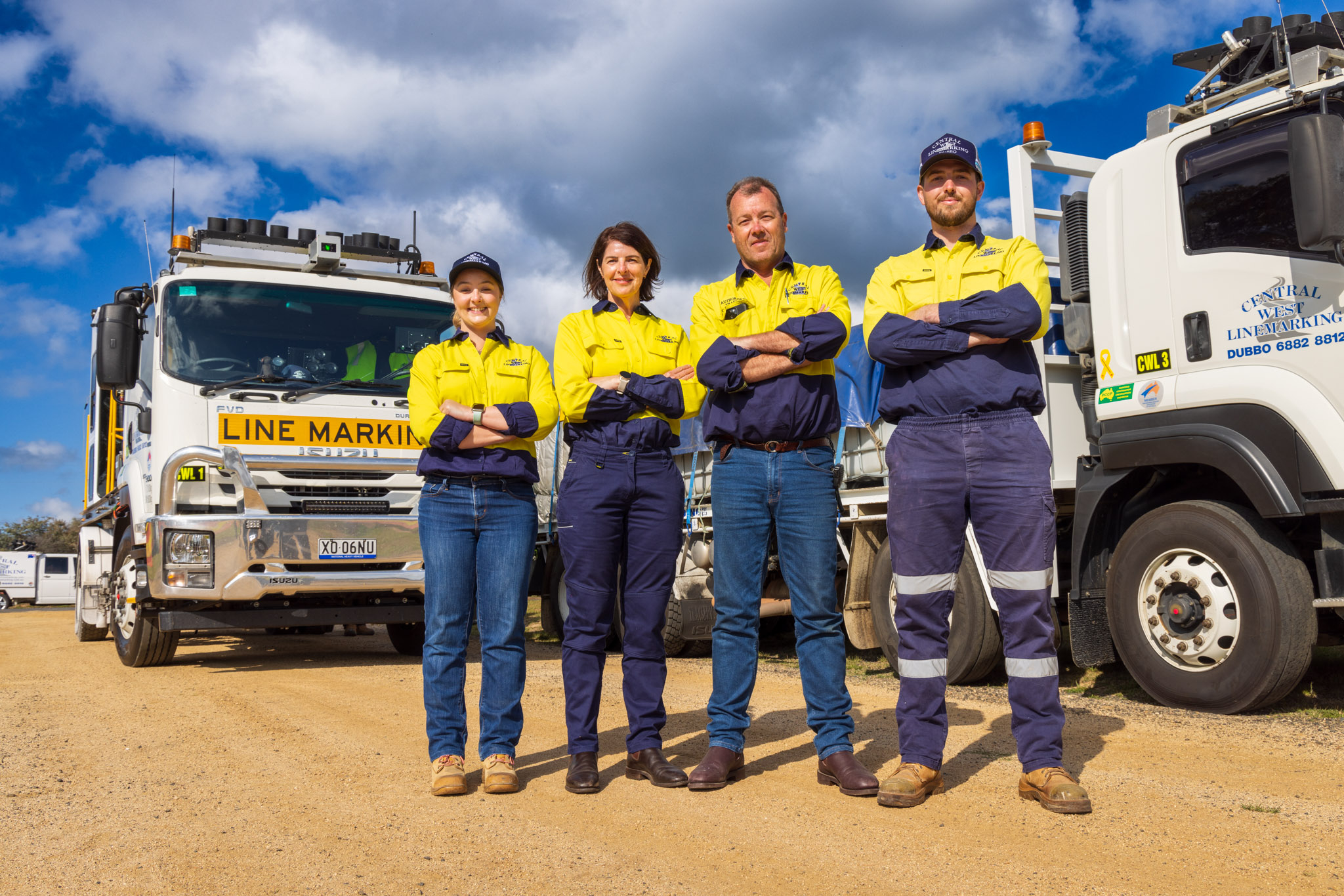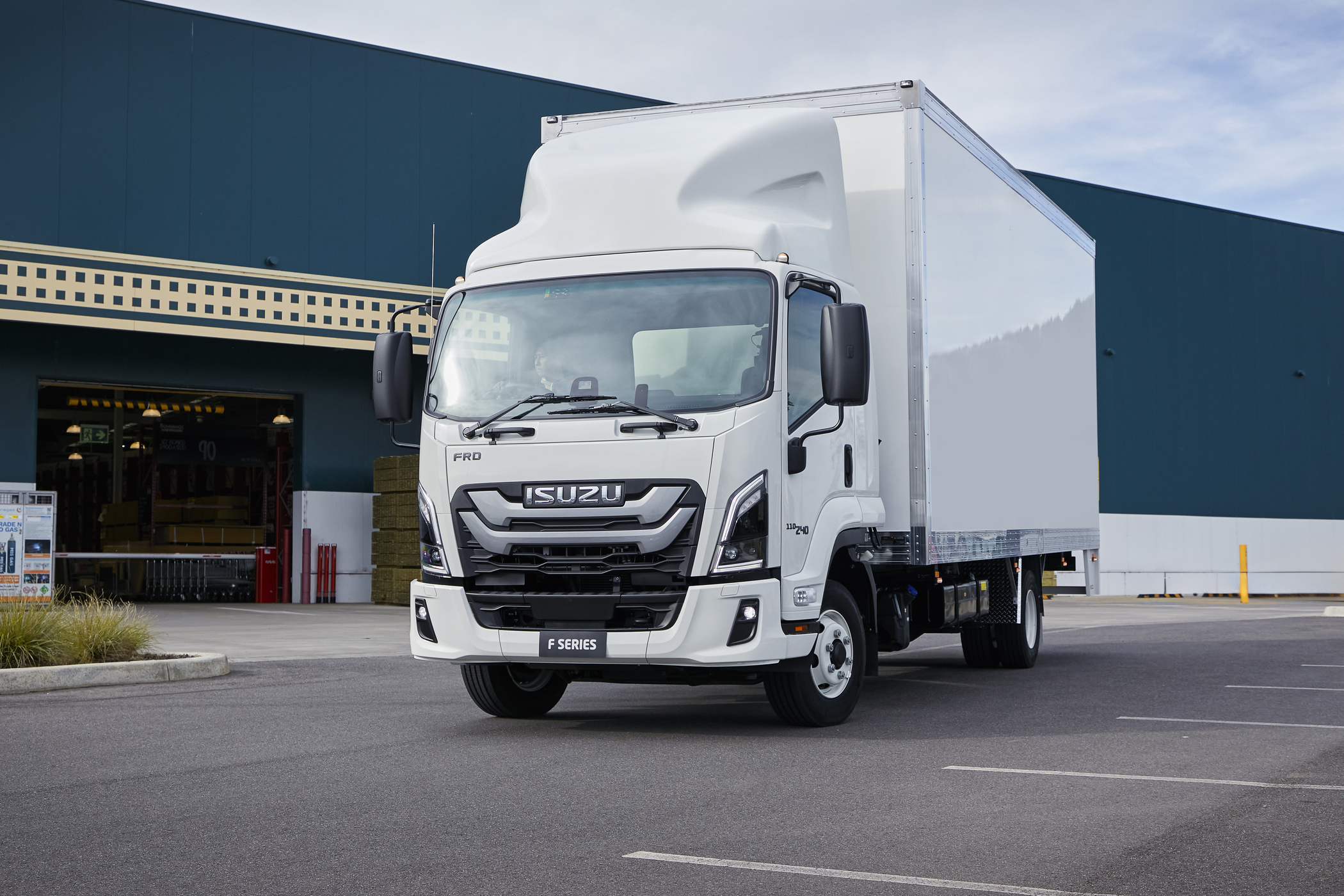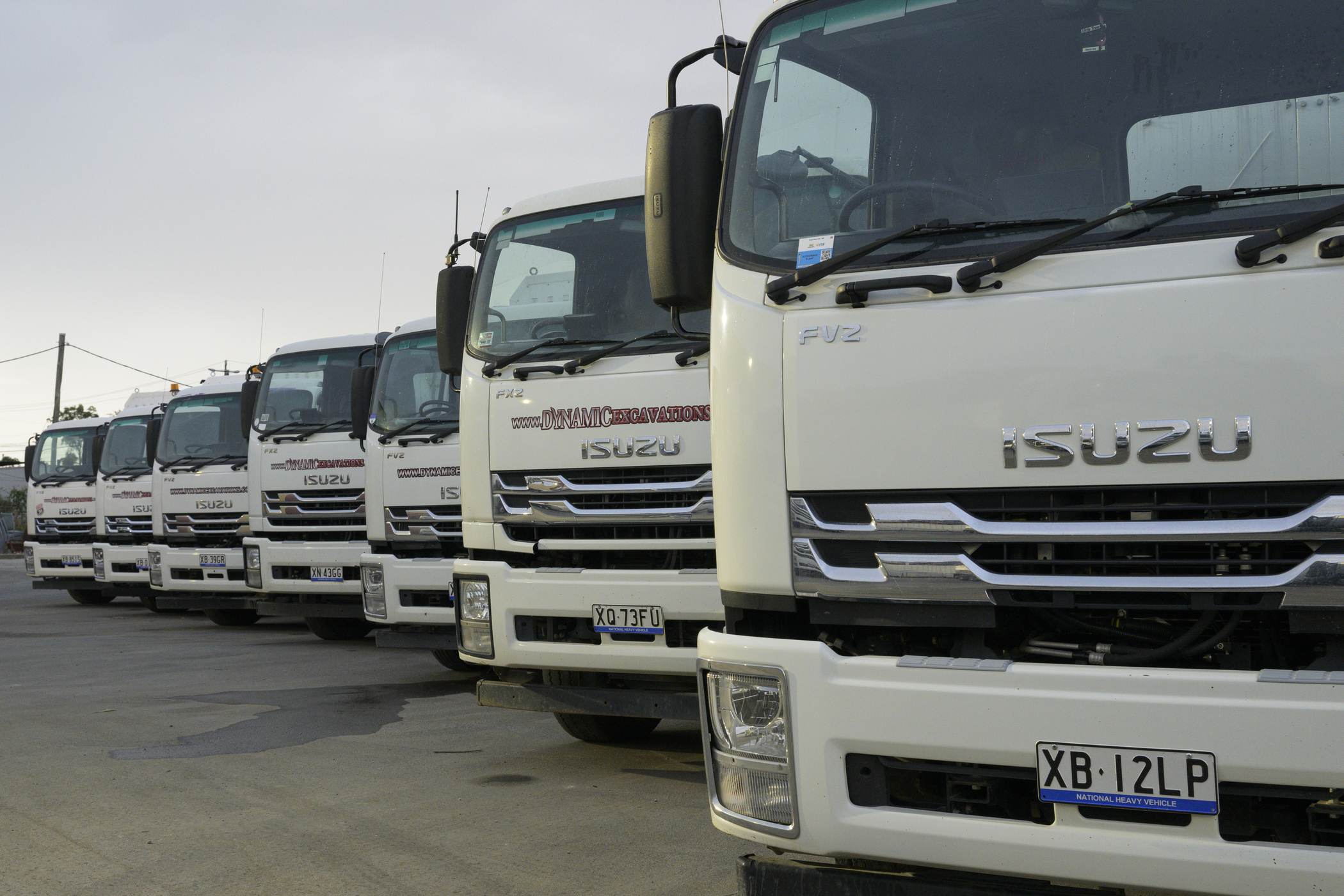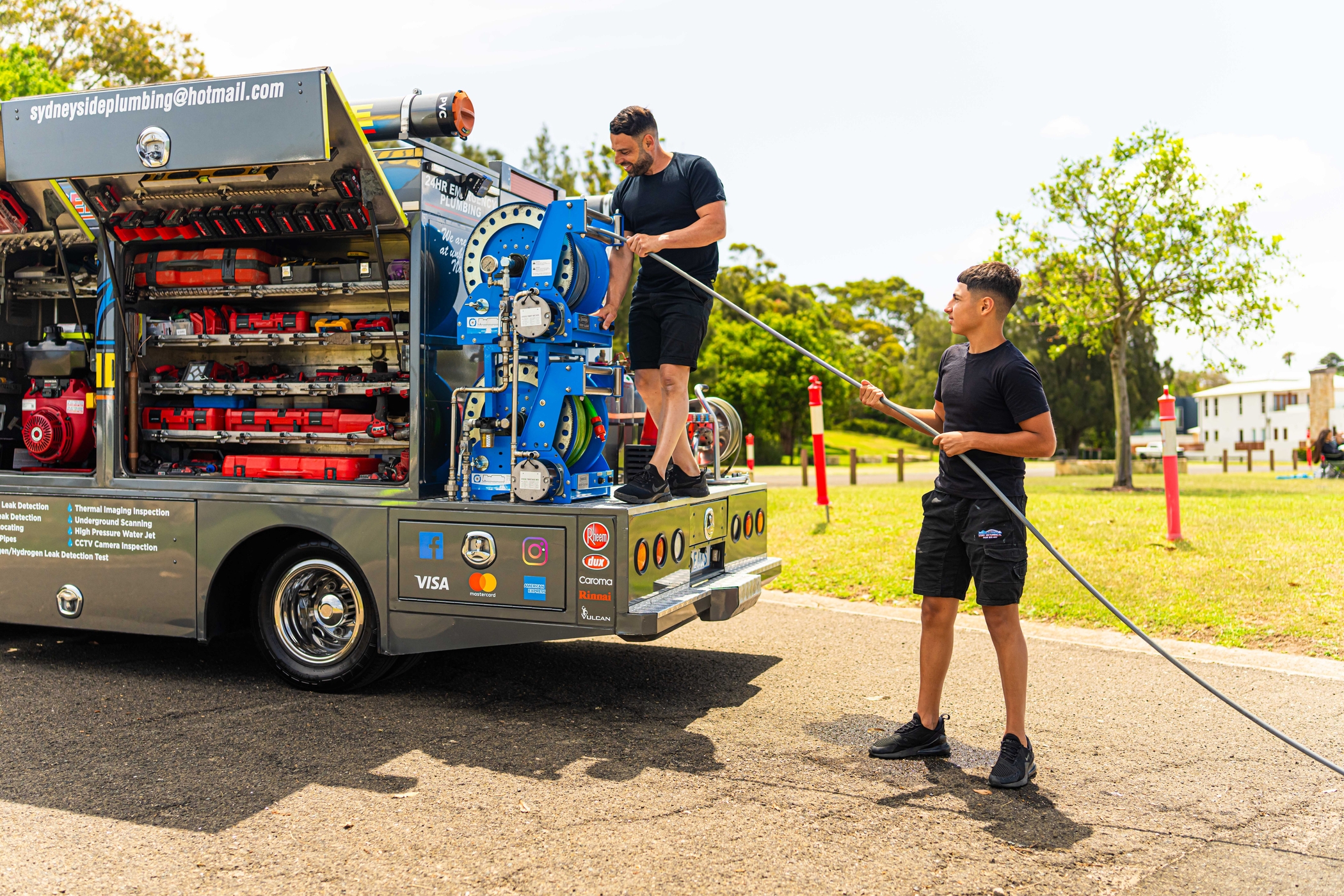For the latest article on this, please refer to Updated Border Closures: The Low-Down
Every industry’s operations have changed since the COVID-19 pandemic hit our shores. The changes enacted by governments have created new restrictions and regulations—such as changes to
heavy vehicle escorting arrangements in Queensland or new truck
new operating requirements for truck service stations—all to adapt to changing conditions during this time while maintaining road transport operations.
Other changes have also been made that could impact your daily trucking operations, and here we bring you the latest information
* on some COVID-19 trucking regulations and restrictions to help you plan and work more efficiently.
*Information is up to date at the time of writing
- State border restrictions
- Truck curfew changes
- Social distancing measures
 State border restrictions
State border restrictions
There are
border restrictions in place for several states, as follows:
- Queensland
- South Australia
- Tasmania
- Western Australia
- Northern Territory
However, except for the ongoing ban on non-essential travel, Victoria, New South Wales and the Australian Capital Territory have no border restrictions in place.
Queensland
Queensland has implemented border restrictions, but has declared the following critical, essential services as exempt
*:
- National/state security
- Essential health services
- Emergency services
- Transport of any goods or freight, by land sea or air
- Critical maintenance/repair to critical infrastructure in Queensland
- Construction, mining/energy/commercial fishing/agribusinesses
- Federal, state or local government workers or contractors who are required to enter to Queensland to work
*Source:
Queensland Government
While all who enter Queensland need to apply for an entry pass, the Queensland government has stated that heavy vehicles carrying any kinds of freight or goods
do not have to apply for the entry pass.
South Australia
Like the other states,
South Australia has declared transport and freight services as ‘essential’, and thus such travel does not require you to complete any paperwork to receive entry to the state.
However, once inside SA,
truck drivers must record all close contacts for a 14-day period beginning from the date of their arrival in SA, or if they are in SA for less than that, for that period. These records must be kept for 28 days from the end period of recording.
Additionally, according to the
SA government’s COVID-19 FAQs, truck drivers (considered an essential traveller) are exempt from the 14-day self-quarantine rule. However, do note that passengers are not exempt from this.
Tasmania
Tasmania has enacted strict border restriction measures—everyone entering must report to Biosecurity Tasmania staff at the port of entry and you must complete a
Tasmanian Arrivals Form. Thereafter, a 14-day quarantine in government-provided accommodation follows.
However, travellers that meet Tasmania’s
criteria for Essential Traveller status (such as truck drivers)
may be exempt from the 14-day quarantine—but you must comply with the listed quarantine conditions directed by the Director of Public Health.
Also, what’s important to note is that you
need to apply for Essential Traveller status. See more
here.
Western Australia
Western Australia has employed strict border control to reduce the spread of COVID-19. Nobody can enter the state unless an exemption has been granted.
To be granted exemption, you need to meet the criteria outlined in
WA Quarantine (Closing the Border) Directions. This direction outlines anyone in transport, freight and logistics (such as truck drivers) as an Exempt Traveller.
However, all Exempt Travellers must apply for approval to travel. There are two ways to do so, as follows:
- Complete an exemption application form and submit it with supporting documentation to WA police; or
- Via the G2G PASS app
Northern Territory
Northern Territory has made a 14-day quarantine mandatory for all travellers, except for exempted travellers such as those in transport, freight and logistics (i.e. truck drivers). Truck drivers and other essential
workers in transport, freight and logistics are automatically exempt and do not need to apply for exemption to mandatory quarantine.
However, truckies travelling into NT must self-quarantine in your truck or in single room accommodation while not working.
For more information on exemption eligibility criteria and conditions, see
here.
 Truck curfew changes
Truck curfew changes
Before COVID-19, state and territory governments had legislated truck curfews to keep trucks away from specific traffic chokepoints during peak hour, or to keep trucks off the roads at night.
Examples of these curfews include Victoria’s
western suburbs restricting truck access between 8 pm and 6 am; and New South Wales
restricting the travel of oversized vehicles during holiday periods.
At a more grassroots level,
some councils had restricted truck access to supermarkets in residential areas at certain times due to noise concerns. To counter the surge in buying that has left supermarket shelves empty, governments have eased truck curfew restrictions to allow quicker transport of goods to where they need to be.
The details
ACT, NSW, Vic, Qld, Tas and SA have all agreed to remove restrictions on all
curfew permits besides one related to safety and access, in order to move general freight and grocery deliveries.
WA has removed all curfew restrictions related to the
delivery of goods and collection of rubbish and refuse.
NT has relaxed all curfew restrictions that restrict the hours of operation or times of supply for food and retail.
 Social distancing measures
Social distancing measures
While COVID-19 restrictions are starting to ease in some states, social distancing measures are still in place nationwide.
Do remember to:
We have all heard about it by now, but how does it affect those in the road transport industry?
Social distancing, depending on your industry, will advise you to take different actions but the one thing all industries will have in common is that you’ll keep a safe distance between yourself and others.
For example, if you work in roadside assistance, the person you’re helping should keep 1.5 metres away from you while you inspect the vehicle.
As a blanket rule,
be careful when switching vehicles with other drivers and try to use cashless payments whenever you can.
The Long Haul
The coronavirus been described as ‘black swan’ event, something none of us have experienced before. And it’s important to acknowledge that times are different, the world is changing how it works and the road transport industry is adapting with it and keeping Australia moving.
It is important to keep on top of the information out there regarding COVID-19 and our industry. Whether that information be on the best ways to
keep yourself safe and healthy while you are on the job, or how to access the
governments stimulus package during this crisis.
Stay tuned for more articles from us as we bring you more information.
In the meantime, stay safe while driving, and check out our article here on the
truck rest stops and service centres still operating to service long-haul truckies.


 State border restrictions
There are border restrictions in place for several states, as follows:
State border restrictions
There are border restrictions in place for several states, as follows:
 Truck curfew changes
Before COVID-19, state and territory governments had legislated truck curfews to keep trucks away from specific traffic chokepoints during peak hour, or to keep trucks off the roads at night.
Examples of these curfews include Victoria’s western suburbs restricting truck access between 8 pm and 6 am; and New South Wales restricting the travel of oversized vehicles during holiday periods.
At a more grassroots level, some councils had restricted truck access to supermarkets in residential areas at certain times due to noise concerns. To counter the surge in buying that has left supermarket shelves empty, governments have eased truck curfew restrictions to allow quicker transport of goods to where they need to be.
The details
ACT, NSW, Vic, Qld, Tas and SA have all agreed to remove restrictions on all curfew permits besides one related to safety and access, in order to move general freight and grocery deliveries.
WA has removed all curfew restrictions related to the delivery of goods and collection of rubbish and refuse.
NT has relaxed all curfew restrictions that restrict the hours of operation or times of supply for food and retail.
Truck curfew changes
Before COVID-19, state and territory governments had legislated truck curfews to keep trucks away from specific traffic chokepoints during peak hour, or to keep trucks off the roads at night.
Examples of these curfews include Victoria’s western suburbs restricting truck access between 8 pm and 6 am; and New South Wales restricting the travel of oversized vehicles during holiday periods.
At a more grassroots level, some councils had restricted truck access to supermarkets in residential areas at certain times due to noise concerns. To counter the surge in buying that has left supermarket shelves empty, governments have eased truck curfew restrictions to allow quicker transport of goods to where they need to be.
The details
ACT, NSW, Vic, Qld, Tas and SA have all agreed to remove restrictions on all curfew permits besides one related to safety and access, in order to move general freight and grocery deliveries.
WA has removed all curfew restrictions related to the delivery of goods and collection of rubbish and refuse.
NT has relaxed all curfew restrictions that restrict the hours of operation or times of supply for food and retail.
 Social distancing measures
While COVID-19 restrictions are starting to ease in some states, social distancing measures are still in place nationwide.
Do remember to:
Social distancing measures
While COVID-19 restrictions are starting to ease in some states, social distancing measures are still in place nationwide.
Do remember to:







